From within the stately walls of an 18th-century conference hall just blocks from the Eiffel Tower, Reza Pahlavi—the exiled heir to Iran’s defunct monarchy—outlined a sweeping vision for national renewal. Speaking before a modest assembly of journalists and supporters at the Maison de la Chimie, the 64-year-old son of the late Shah offered what he framed not as a restoration of royal power but a roadmap to democratic transition.
“I am here today to submit myself to my compatriots, to lead them down this road to peace and a democratic transition,” he told a room of fewer than 100 people Monday. “I do not seek political power, but rather to help our great nation navigate through this critical hour toward stability, freedom, and justice.”
His remarks arrived on the heels of a fragile ceasefire between Iran and Israel, brokered by President Donald Trump, who recently hinted that regime change in Tehran may no longer be a taboo topic. For Pahlavi and his diaspora supporters, this moment—unfolding amid regional instability and deepening internal discontent in Iran—offers what they believe is a narrow but real chance to replace the Islamic Republic with a secular, pluralist state.
This is our Berlin wall moment.
We stand at a crossroads. One road leads to bloodshed and chaos. The other—to a peaceful and democratic transition.
The difference in these two roads depends on one factor alone: whether the current regime in Iran is allowed to survive. pic.twitter.com/co9udyggen
— Reza Pahlavi (@PahlaviReza) June 26, 2025
Pahlavi proposed a vision anchored in liberal-democratic principles: individual liberty, gender equality, religious freedom, and the separation of mosque and state. He pointedly referenced Iran’s pre-revolutionary ties with Israel under his father, signaling a desire to rebuild relations with the Jewish state—anathema to the clerical regime currently in power.
Though absent from Iran since fleeing as a teenager before the 1979 Islamic Revolution, Pahlavi has become an emblematic figure within the Iranian diaspora. To some, he represents continuity and order—a potential stabilizing force amid an uncertain future. Others view him as an anachronism: the privileged product of a U.S.-backed autocracy whose intelligence apparatus, the SAVAK, left a legacy of repression.
Still, a 2022 study indicated that Pahlavi remains one of the more popular opposition figures among Iranians inside the country—no small feat given the regime’s control of information and political life. Nearly a third of the estimated 4 million Iranian exiles reside in the United States, many of whom remain politically active and eager for reform.
Security at the Paris gathering was tight, with French authorities deploying canine units and enforcing strict screening protocols. The regime in Tehran has a well-documented record of targeting exiled dissidents, making events like these not merely symbolic but potentially dangerous.
Framing the current moment as Iran’s “Berlin Wall moment,” Pahlavi asserted that the regime is crumbling under internal and external pressures—exacerbated by the recent Israeli strikes. He urged Western governments to abandon the language of diplomacy and engagement, warning that an isolated and humiliated regime could behave with increased recklessness.
Although he declines to use royal titles or claim hereditary authority, Pahlavi casts himself in the mold of a transitional steward—invoking the example of Spain’s King Juan Carlos I, who facilitated a peaceful handoff from authoritarianism to democracy. His message to Supreme Leader Ali Khamenei was direct: step aside and face a legal reckoning, the likes of which ordinary Iranians have long been denied.
Whether this appeal resonates inside Iran remains to be seen. Despite persistent protest movements—most recently after the death of Mahsa Amini in 2022—the Iranian regime has maintained its grip through violence and surveillance. The opposition is fragmented, its leadership largely in exile or imprisoned.
For some, Pahlavi’s speech offers a flicker of hope, a nostalgic return to a secular Iran with Western alliances and economic prosperity. For others, it is a reminder of what was lost—and perhaps best left in the past. In either case, the exiled crown prince remains a man between two worlds: the memory of an Iran that was, and the uncertain prospect of an Iran that might yet be.
[Read More: Important Children’s Hospital Under Investigation]

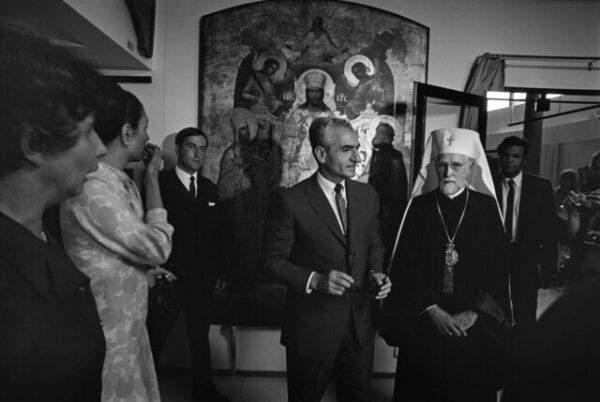
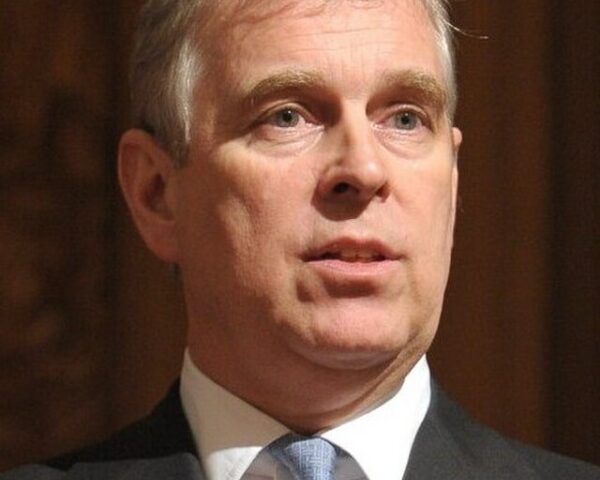


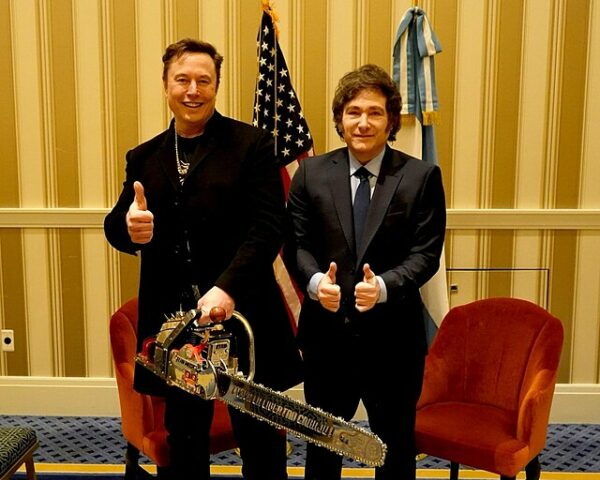

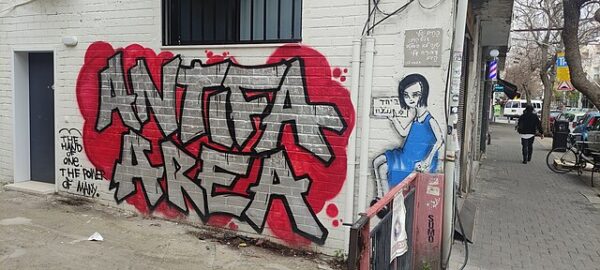
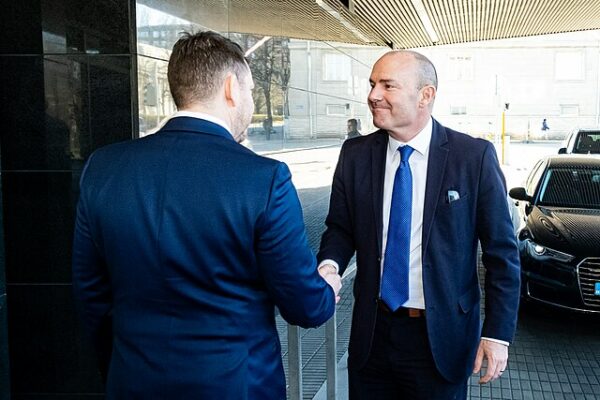


Rerun since Nov 1979